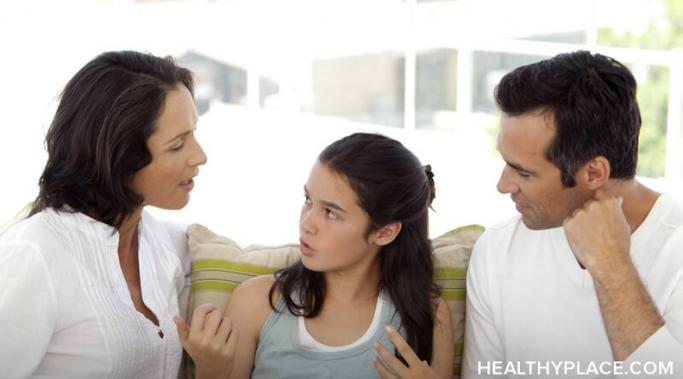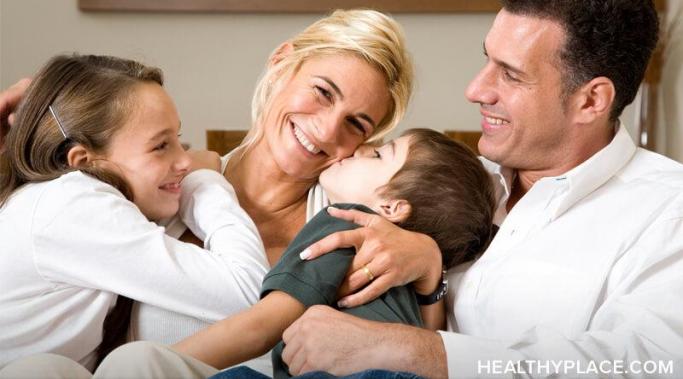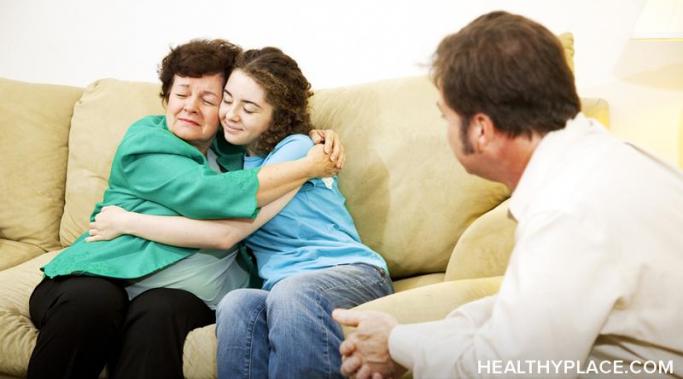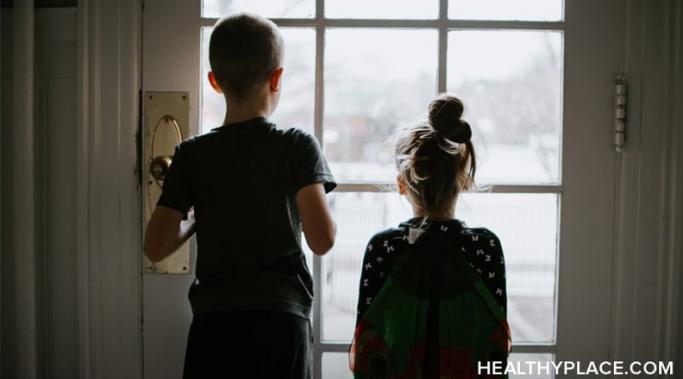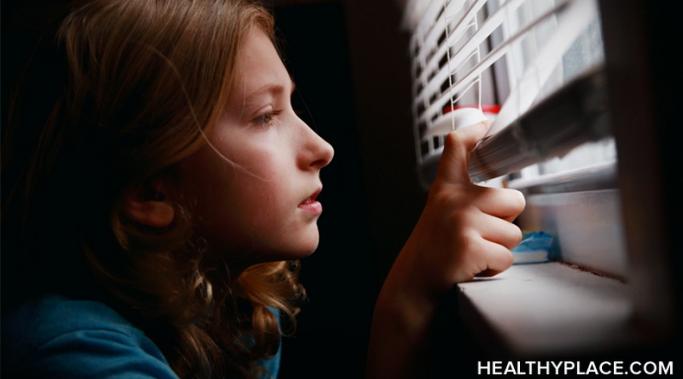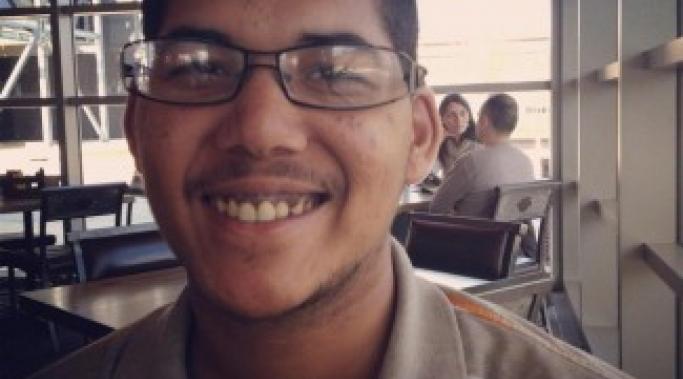In my job as a pediatric occupational therapist, I spend a lot of time focusing on parent education. I find that building a parental understanding of a child's condition is the single most important factor in improving that child's quality of life. I'm beginning to learn that the same is true in mental illness – the level of understanding and compassion that family (or other relevant supporters) have for a person's mental illness has a huge bearing on their experience.
Mental Illness and Housing
I can now say that I have experienced family trauma, although, for years, I was reluctant to use the word "trauma" in relation to anything about my own life or experiences. To me, that felt like a serious word that I didn't have the right to use unless I had fled a warzone or survived a natural disaster.
My brother recently expressed his fear that mental illness has made him a burden on our family. This completely broke my heart, and I was pained to tell him that it isn't true. If you need to hear that message too, let me remind you today -- mental illness does not make you a burden.
A family is comprised of a group of individuals, so it's no wonder there are going to be disagreements now and again. However, in my family, some disagreements have a way of becoming a family meltdown that can cause rifts and a lot of tension between all the members. Here is a guide to surviving a family meltdown.
It is common got people with mental illness in their family to help care for and provide support for mentally ill family members. The same is true for me, but I had to learn how to take care of my family from far away when I decided to move to a new state. Keep reading to find out how I do it.
My parents filed for a divorce when I was 10 years old. This experience uprooted the development of my childhood and aided in the decline of my mental health. Although the divorce caused me a lot of pain, I learned how to face it and move past it.
This past weekend, my brother and I were reunited after quarantine -- seeing each other in person for the first time since March. He drove over to my house and met my new puppy, and we spent the day walking, eating, and generally catching up.
How to support someone from a distance is a question that I’ve been asking myself almost every day recently. There’s a literal distance between myself and my brother right now due to COVID-19 restrictions, but he’s also crying out for more freedom and control over his life – how do I balance giving support with giving space?
Tim has announced that when he turns 21 next summer he wants to move out. I can’t begin to explain all the ways that frightens me. Except for this past February when he knew he needed a few days inpatient, Tim has been stable for just over a year. I never, ever thought we would get to this place. He even spent two straight weeks alone with my parents in July, helping them with chores around the house and playing miniature golf. He hasn’t been able to do that since he was nine. Moving out means Tim will have to be responsible for all the things he doesn't realize he relies on us for, and for all the things he is responsible for now, but I remind him about almost daily. We can teach him these things, yes. But what we can’t teach him scares me more, namely, how to keep him safe out in a world that may automatically assume he’s dangerous, and may be dangerous to him because he trusts too much.
